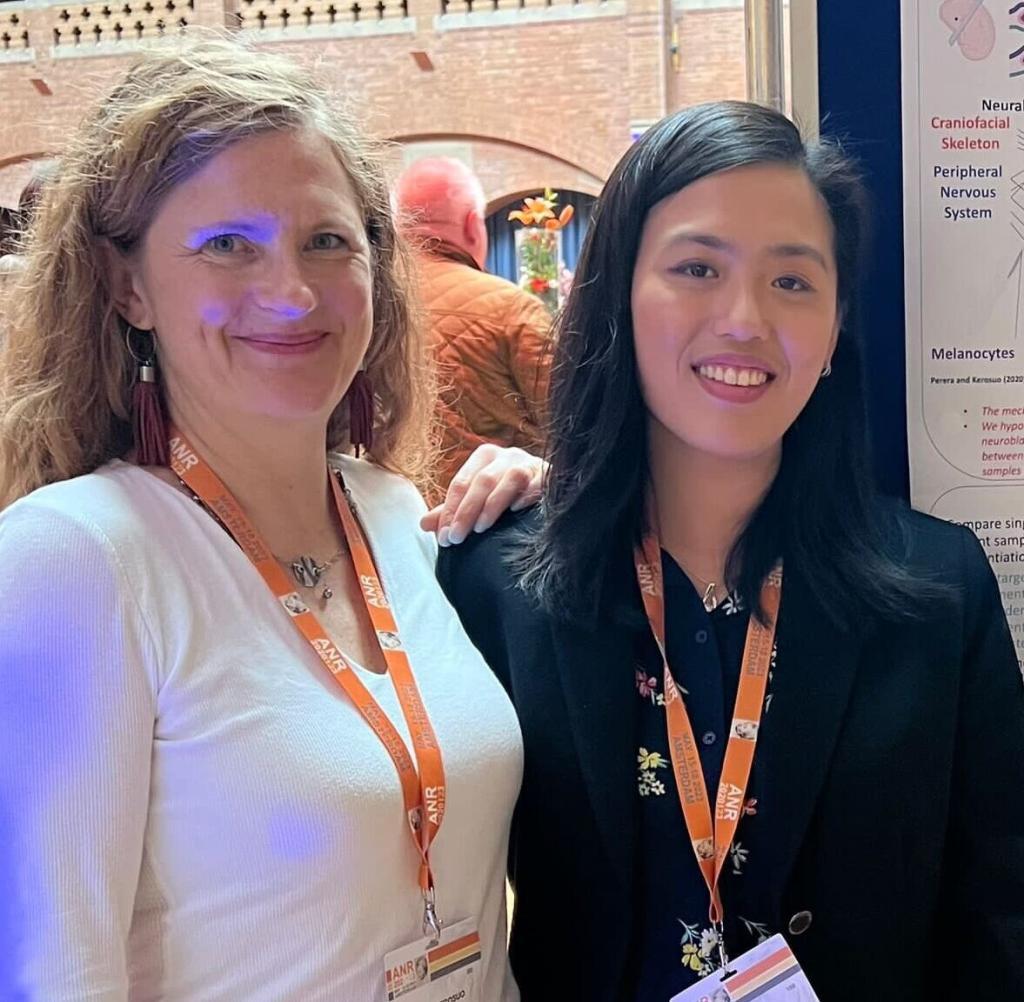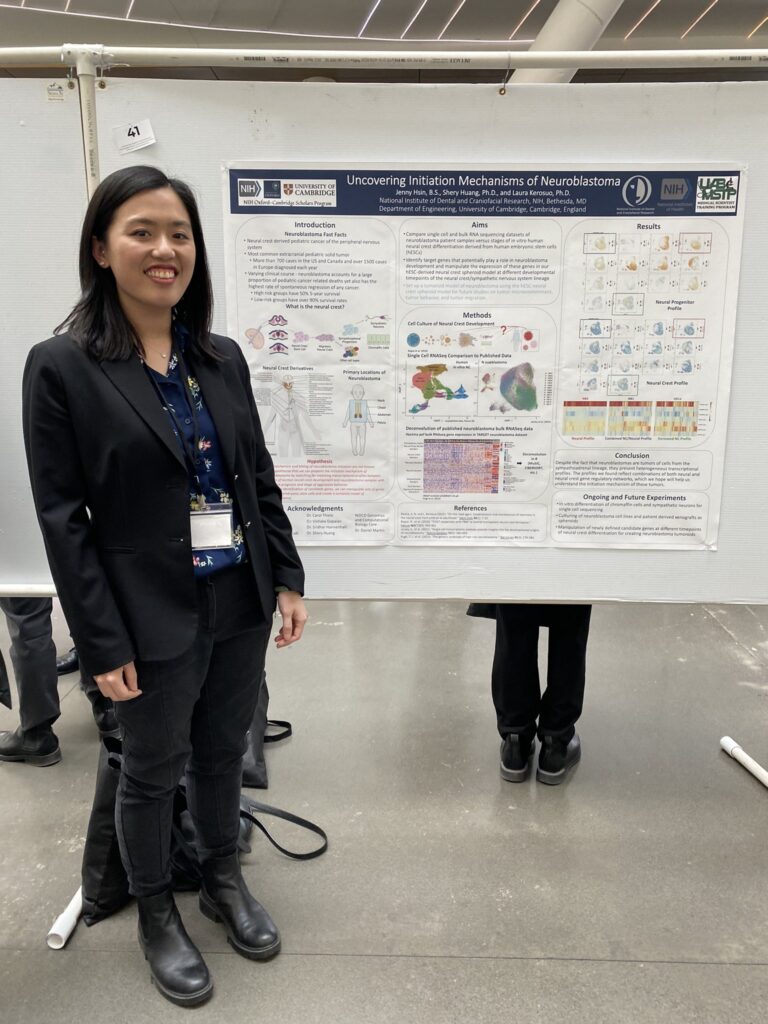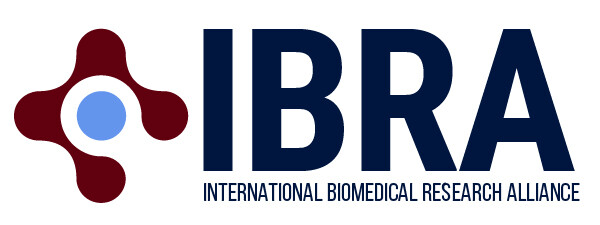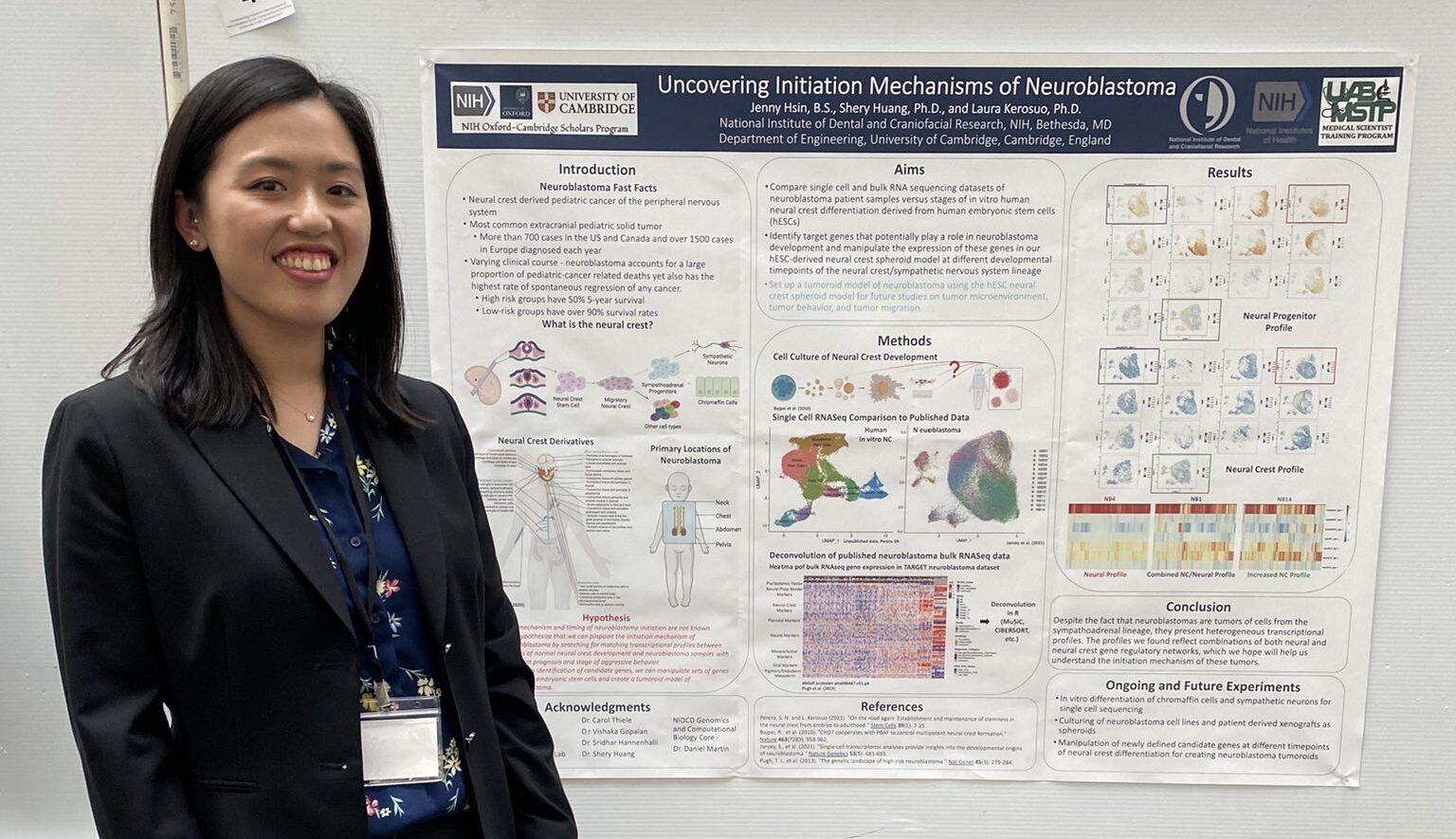By Jenny Hsin
Before I share my experience attending the Asian Pacific American Medical Student Association (APAMSA) National Conference, I wanted to introduce myself. My name is Jenny Hsin and I am a Class of 2020 Scholar in the NIH Oxford-Cambridge (OxCam) Scholars Program. I completed my undergraduate studies at Caltech with a B.S. in Biology in 2018. During my time at Caltech, I performed undergraduate research in the lab of Dr. Marianne Bronner studying neural crest development in chicken embryos. After graduating, I decided to accept a post-bac position at the NIH in the newly started lab of Dr. Laura Kerosuo, a Stadtman Tenure Track Investigator in the National Institute of Dental and Craniofacial Research (NIDCR), who had been my postdoc mentor at Caltech. I grew to love doing research at the NIH during my time as a post-bac and jumped at the opportunity to be part of the NIH Oxford-Cambridge Scholars Program. I applied as a Track 1 MD-PhD Scholar and was fortunate to be admitted as an NIH-Cambridge Scholar in partnership with the University of Alabama at Birmingham Medical Scientist Training Program (MSTP).

Being part of programs like the NIH Oxford-Cambridge Scholars Program can be an amazing experience because all of the Scholars are so passionate about science and medicine. It feels comforting to be surrounded by a community of people who are equally as motivated and excited about science. Yet, science is not the only part of our identities. Recognizing, welcoming, and embracing diverse experiences in the Scholars Program is as important as supporting academic and scientific achievements.
I was born and raised in the Greater Los Angeles Area, which has the largest Taiwanese community in the United States. I grew up speaking Mandarin at home, going to Chinese after-school programs, and eating at hole-in-the-wall restaurants run by Taiwanese immigrants. In California, I always felt I had a connection to a Taiwanese-American community. However, when I moved to medical school in Alabama, there were stark differences. As much as I enjoyed experiencing the slow pace of life in the South and learning about Southern charm, in Alabama the Asian population is less than 2%. I also moved during the peak of the COVID pandemic, at a time when anti-Asian hate was on the rise throughout the country. Tragically, the Atlanta spa shootings happened in my first year of medical school. Personally, I also experienced microaggressions from patients – such as statements like “When are you going back to China?” These experiences contributed heavily to my involvement in the University of Alabama at Birmingham Marnix E. Heersink School of Medicine chapter of the Asian Pacific American Medical Student Association, which provided me with a community and helped with some of the adjustments to living in the South.
After transitioning back to the NIH for my PhD training, I still wanted to maintain connections to APAMSA so I applied for a Travel Award sponsored by the International Biomedical Research Alliance (IBRA) to attend the 2023 National Conference in Portland, Oregon in March of 2023. In attending the conference in Portland, Oregon this year, I was able to discuss with other medical students about our experiences as Asian-American students in the clinic; learn about health disparities affecting Asian American, Native Hawaiian, and Pacific Islander (AANHPI) communities; and also talk about different areas of research. Serendipitously, I also met and connected with Dr. Lindy Zhang, who is currently a clinical and research fellow in the Johns Hopkins/NIH Pediatric Hematology/Oncology program. I ended up inviting Dr. Zhang to give one of our monthly IBRA Clinical Case Conferences and speak on an NIH OxCam AANHPI Heritage Month panel along with other NIH investigators, which was featured in an IBRA news article in May. Having the opportunity to maintain connections with my peers, bond over shared experiences and culture, and create new connections to bring back to the NIH was an incredibly rewarding part of attending the APAMSA national conference. Thank you to IBRA for supporting my Travel Award to attend the APAMSA National Conference and for providing me with opportunities that not only enhance my training as a Scholar but also as a future physician-scientist.


